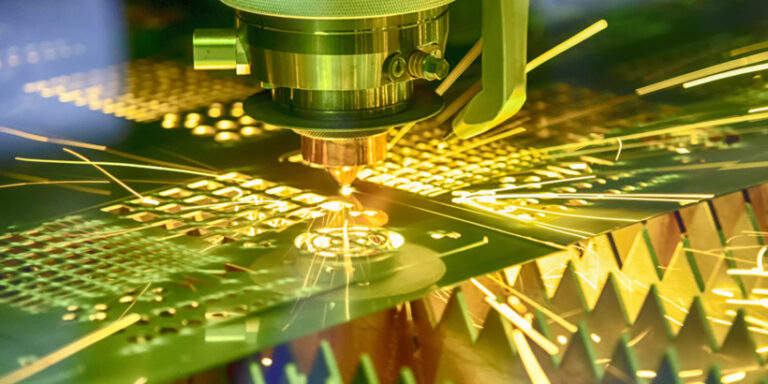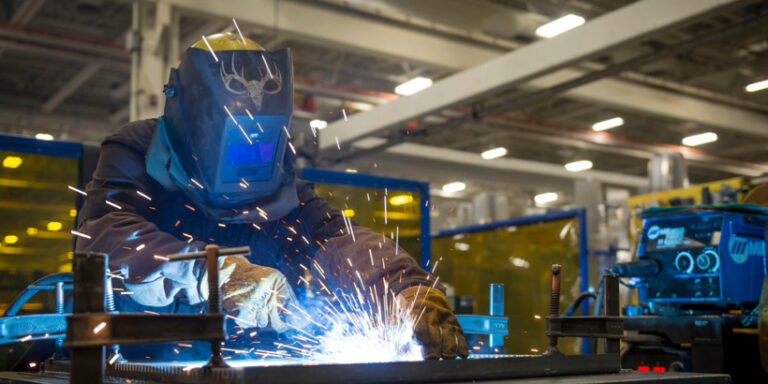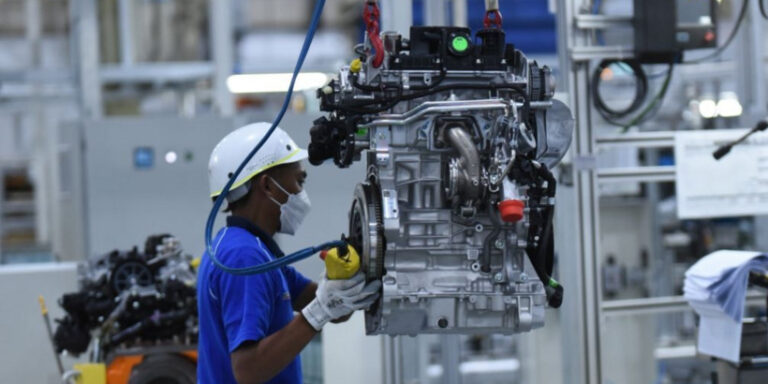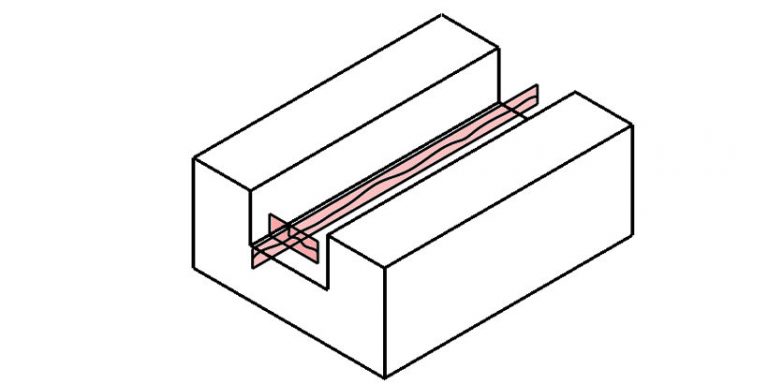How Industry 4.0 Is Changing The Face Of Manufacturing
Hey there, have you ever heard of Industry 4.0? It’s the latest and greatest revolution in the world of manufacturing that is changing everything we know about traditional production methods.
From robotics to artificial intelligence to big data analytics, Industry 4.0 is all about incorporating new technologies into the manufacturing process to create smarter, more efficient factories.
This shift towards Industry 4.0 has countless benefits for businesses across a variety of sectors – from reducing costs through automation to increasing productivity with real-time tracking systems.
And it’s not just limited to large corporations; small and medium-sized enterprises (SMEs) are also embracing these changes and finding innovative ways to integrate new technology into their operations.
So let’s dive deeper into how Industry 4.0 is transforming the face of manufacturing as we know it!
What Is Industry 4.0?
Industry 4.0, the fourth industrial revolution, is a game-changer that has transformed manufacturing like never before.
It’s not just about machines replacing manual labor; instead, it integrates machine learning and augmented reality to create smarter factories that can operate with minimal human intervention.
This technological advancement allows manufacturers to increase production efficiency while reducing costs by utilizing data insights generated from smart sensors and connected devices.
With Industry 4.0, we are witnessing an era where automation meets intelligence, paving the way for new possibilities in the world of manufacturing.
Benefits Of Industry 4.0
Now that we know what Industry 4.0 is, let’s explore some of its benefits.
One major advantage of this new era in manufacturing is AI optimization. With the integration of artificial intelligence into production processes, machines can now analyze data and make decisions on their own, leading to higher efficiency and reduced costs.
Additionally, Industry 4.0 brings a heightened focus on cyber security measures as more devices become connected through the Internet of Things (IoT). Companies are investing heavily in protecting their systems from potential threats and breaches, ensuring that their sensitive information remains safe.
Overall, these advancements not only improve productivity but also bring peace of mind to businesses operating in an increasingly digital landscape without compromising safety or quality standards.
Robotics And Automation
As the saying goes, ‘Work smarter, not harder.’ With robotics and automation becoming increasingly prevalent in manufacturing processes, this adage is more relevant than ever.
Cloud computing has enabled factories to operate with greater efficiency and accuracy by providing real-time data analysis for predictive maintenance, reducing downtime and improving overall productivity.
Robotics have revolutionized assembly lines, taking on repetitive tasks previously done by human workers while allowing them to focus on higher-level functions that require creativity and critical thinking.
In addition, automation has made it possible for manufacturers to produce customized products at a faster pace without sacrificing quality.
The integration of these technologies into the manufacturing industry has transformed it from a labor-intensive process to one that relies heavily on innovation and technology.
Internet Of Things (Iot)
As we discussed in the previous section, Robotics and Automation have played a significant role in shaping Industry 4.0. However, there’s another technology that is equally important for smart factories: The Internet of Things (IoT).
By integrating IoT devices into manufacturing processes, factories can become more connected and efficient than ever before. Through sensors and data analytics, these devices enable predictive maintenance to prevent equipment failures before they occur while also optimizing production schedules based on real-time demand signals.
With IoT-enabled machinery working together seamlessly, manufacturers can achieve greater precision and quality control with fewer resources – truly changing the face of modern manufacturing forever.
Big Data Analytics
Let’s dive into the exciting world of Big Data Analytics, where cloud computing and predictive analytics are adding value to manufacturing industries.
With the vast amount of data generated in Industry 4.0, companies can now use these technologies to analyze data sets faster than ever before, ultimately leading to better decision-making processes.
Cloud computing provides a cost-effective way for businesses to store massive amounts of data without having to invest in expensive hardware equipment.
Predictive analytics takes this one step further by using algorithms and machine learning to forecast future trends based on past patterns.
By adopting these innovative tools, manufacturers can unlock new insights about their operations, improve efficiency, reduce costs, and enhance customer satisfaction all while staying ahead of the competition.
It’s clear that Big Data Analytics is here to stay and will continue revolutionizing the manufacturing industry as we know it.
Human-Machine Interaction (Hmi)
In the previous section, we discussed Big Data Analytics and its impact on Industry 4.0.
Now, let’s move on to Human-Machine Interaction (HMI).
HMI is all about facilitating communication between humans and machines in a more intuitive way.
With the integration of Augmented Reality into manufacturing processes, workers can visualize information that would otherwise be difficult to comprehend from data sheets or manuals. This technology helps them make better decisions faster and avoid errors that could lead to safety hazards or delays in production.
Additionally, Machine Learning algorithms enable machines to learn from user behavior and adapt accordingly, making their interaction with humans smoother and more personalized.
These advancements in HMI have helped reduce downtime and improve productivity while also enhancing worker safety by providing real-time feedback and alerts when necessary.
As we continue to see these developments unfold, it’s clear that HMI will play an increasingly critical role in shaping the future of manufacturing under Industry 4.0.
Challenges Of Implementing Industry 4.0
Implementing Industry 4.0 is not without its challenges, and two of the most pressing issues are cybersecurity and supply chain management.
As manufacturers increasingly rely on interconnected networks to streamline operations and improve efficiency, they also become more vulnerable to cyber threats that can compromise sensitive information or cause operational disruptions.
To mitigate these risks, companies must invest in robust security measures such as firewalls, encryption protocols, and employee training programs.
At the same time, managing a complex global supply chain poses unique logistical and operational hurdles that must be addressed through effective planning and communication across all stakeholders involved in the process.
Despite these obstacles, however, implementing Industry 4.0 technologies is essential for staying competitive in today’s rapidly evolving manufacturing landscape.
By addressing these challenges head-on and leveraging emerging digital tools to optimize production processes from end-to-end, companies can position themselves for long-term success while delivering greater value to customers worldwide.
Conclusion
In conclusion, industry 4.0 is revolutionizing the manufacturing sector by bringing in a new era of digitalization and interconnectedness. The benefits are numerous, ranging from increased efficiency to higher productivity rates, leading to cost savings and time reductions. Robotics and automation have become an integral part of this transformation, streamlining processes and reducing human error.
Moreover, the Internet of Things (IoT) has facilitated real-time data exchange between machines and systems, enabling better decision-making capabilities through big data analytics. Human-machine interaction (HMI) also plays a significant role in Industry 4.0 as it enhances communication channels between workers and machines.
However, implementing Industry 4.0 does not come without its challenges as companies need to invest heavily in new technologies while retraining their workforce to adapt to these changes. Resistance to change can further compound issues leading to delays or even failure.
In summary, Industry 4.0 is changing the face of manufacturing by embracing technological advancements that significantly improve production processes leading to greater efficiencies and profitability for businesses worldwide.






